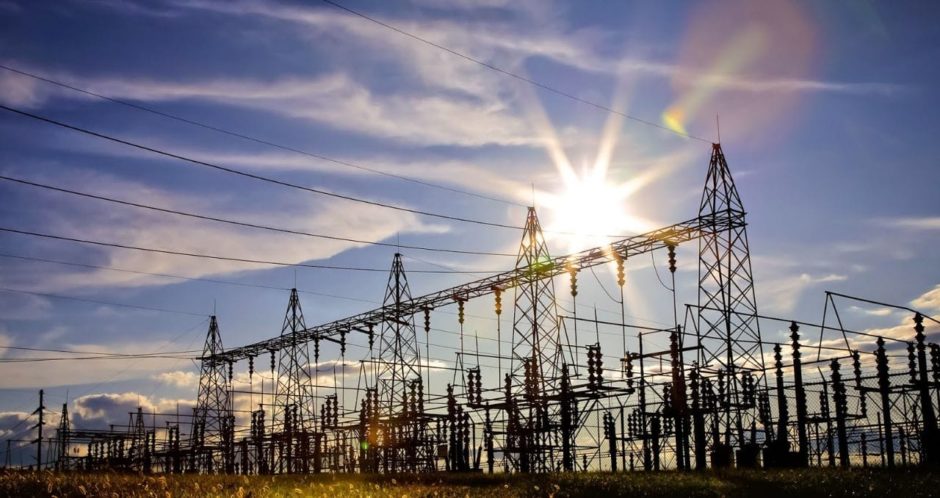
South Africa has ended its state of disaster, triggered by the country’s poor-functioning power sector.
The declaration ran from February 9.
The Organisation Undoing Tax Abuse (OUTA) had filed a legal challenge against the declaration. Parties and stakeholders had opposed the imposition of the state of disaster, OUTA has said.
“The state of disaster was a necessary response to the impact of critical levels of load shedding on the economy and vulnerable sectors such as health and small businesses,” the Minister of Cooperative Governance and Traditional Affairs Thembisile Nkadimeng said in a statement.
OUTA reported the move to drop the state of disaster as a “huge win for civil society”. While the minister defended the declaration, OUTA said the State Attorney had offered to pay its court costs.
The government defended the state of disaster for allowing the National Energy Crisis Committee to support plans in the energy sector. These aim to “fix Eskom and improve the availability of existing supply, enable and accelerate private investment in generation capacity and speed up procurement of new capacity from renewables, gas and battery storage”.
South Africa created a new role of Minister of Electricity and appointed Kgosientso Ramokgopa to fill the role. The new minister has visited power plants and held talks with Eskom, and others, in an attempt to tackle the problem.
Parliamentary oversight
OUTA executive director Stefanie Fick said the government had sufficient powers to carry out its plans without needing to declare a state of disaster.
Fick said members of the government had “acted unlawfully and outside the power conferred on them by the [Disaster Management Act]”.
Nkosazana Dlamini Zuma, the then holder of the Minister of Cooperative Governance brief, wrote in January that declaring a national emergency “may not be the appropriate mechanisms”, OUTA reported. “The Department of Public Enterprises and Eskom have assured us that there is sufficient legislative and other mechanisms to deal with the energy crisis”, she said.
For some reason a number of high-ranking officials changed their mind in early February.
“The record shows that nothing further happened between 6 February 2023 and 8 February 2023,” OUTA said. “No new facts came to light during this period. No new consultations or meetings with any stakeholders are recorded.”
At this point, the Disaster Management Centre (NDMC) pivoted and decided to reclassify the electricity problems as a disaster. Dlamini-Zuma also changed her mind.
OUTA’s Fick said the decision was based on an error of fact or law. “There is no reason to forego parliamentary oversight and leave the dealing of the disaster almost exclusively in the hands of the executive to allow for virtually unfettered procurement processes and deal-making as was seen during the Covid-19 disaster,” she said.
Fruitless expenditure
OUTA also celebrated another success today in its efforts to enforce public transparency. Minister of Finance Enoch Godongwana withdrew an exemption that would have limited disclosures from Eskom. This would cover “any irregular expenditure and fruitless and wasteful expenditure” in its annual statements.
The exemption would have covered the 2022-23 financial year and the two subsequent years. The government had intended to exempt Eskom from meeting standards required by the Public Finance Management Act (PFMA).
The Congress of South African Trade Unions (Cosatu) had described the move as reckless. Godongwana’s plan was an “abominable decision devoid of any common sense, good governance, or legal rationale”, the union said.
Ramokgopa has recently denied that corruption was a key issue for Eskom. OUTA CEO Wayne Duvenage said “this is clearly untrue. Who can blame the public if they don’t trust government’s latest move to exempt Eskom from adhering to the PFMA?”
Recommended for you

